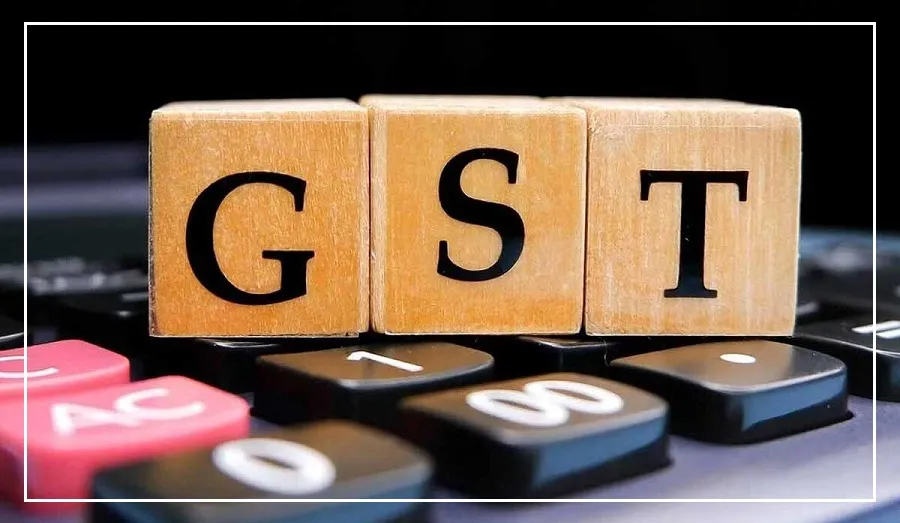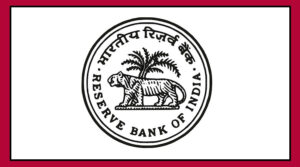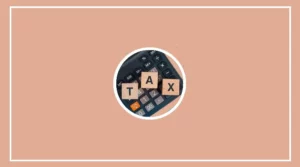In a recent announcement, the Central Board of Indirect Taxes and Customs (CBIC) has provided clarity on the circumstances under which an 18% Goods and Services Tax (GST) will be levied on electricity bills.
This decision has implications for real estate firms, malls, and airports.
Understanding Composite Supply
When rent or maintenance charges are added to electricity bills by real estate firms, malls, or airports, it is considered a composite supply. In such cases, a flat 18% GST rate will be applicable.
However, if electricity is supplied by Residents Welfare Associations or real estate developers, where the electricity bill is based on the actual charges of the State Electricity Board or distribution companies, then GST will not be applied.
What is Composite Supply?
Composite supply can be better explained with an example. Consider a buyer who purchases a fridge for Rs 30,000 with an 18% GST rate.
The vendor informs the buyer of additional charges: Rs 500 for packaging with 12% GST and Rs 1,000 for delivery with 5% GST.
In this scenario, the purchase of the refrigerator is the main supply, subject to 18% GST, while the remaining charges are auxiliary charges. The entire package is considered a composite supply.
Impact on Letting of Immovable Property
In cases of letting immovable property, if electricity is supplied alongside house rent and/or maintenance charges, it is treated as a composite supply.
Renting of immovable property or maintenance charges of the building or society is considered the principal supply, while the supply of electricity is deemed the auxiliary supply.
Experts suggest that tenants may be liable to pay this tax, potentially affecting rent and maintenance charges.
Current Scenario
Presently, the collection of electricity bills varies. Real estate developers and resident welfare associations generally do not collect GST from domestic/commercial landlords.
However, tenants in malls, airports, and other commercial locations often have their electricity bills included in their rent, subjecting them to 18% GST.
What Property Owners Should Check
Harpreet Singh, partner at KPMG, advises property owners to consider whether their electricity bills are being recovered as maintenance charges by Residents Welfare Associations (RWAs).
If so, it may be considered part of a composite supply, and GST may need to be paid.
This clarification by CBIC could have a significant impact on large group housing societies, potentially affecting residents who may have to bear the burden of an 18% GST on their electricity bills.

























